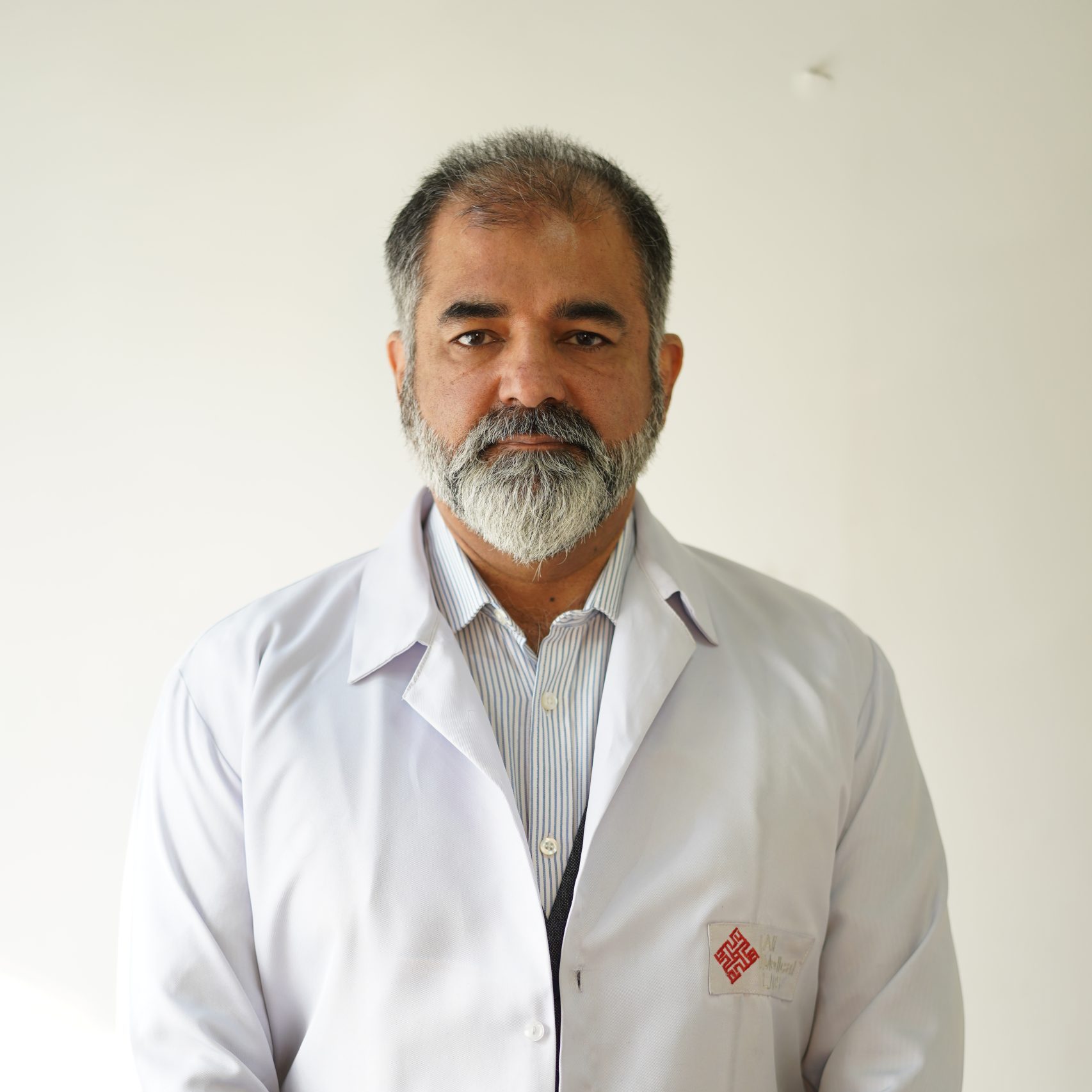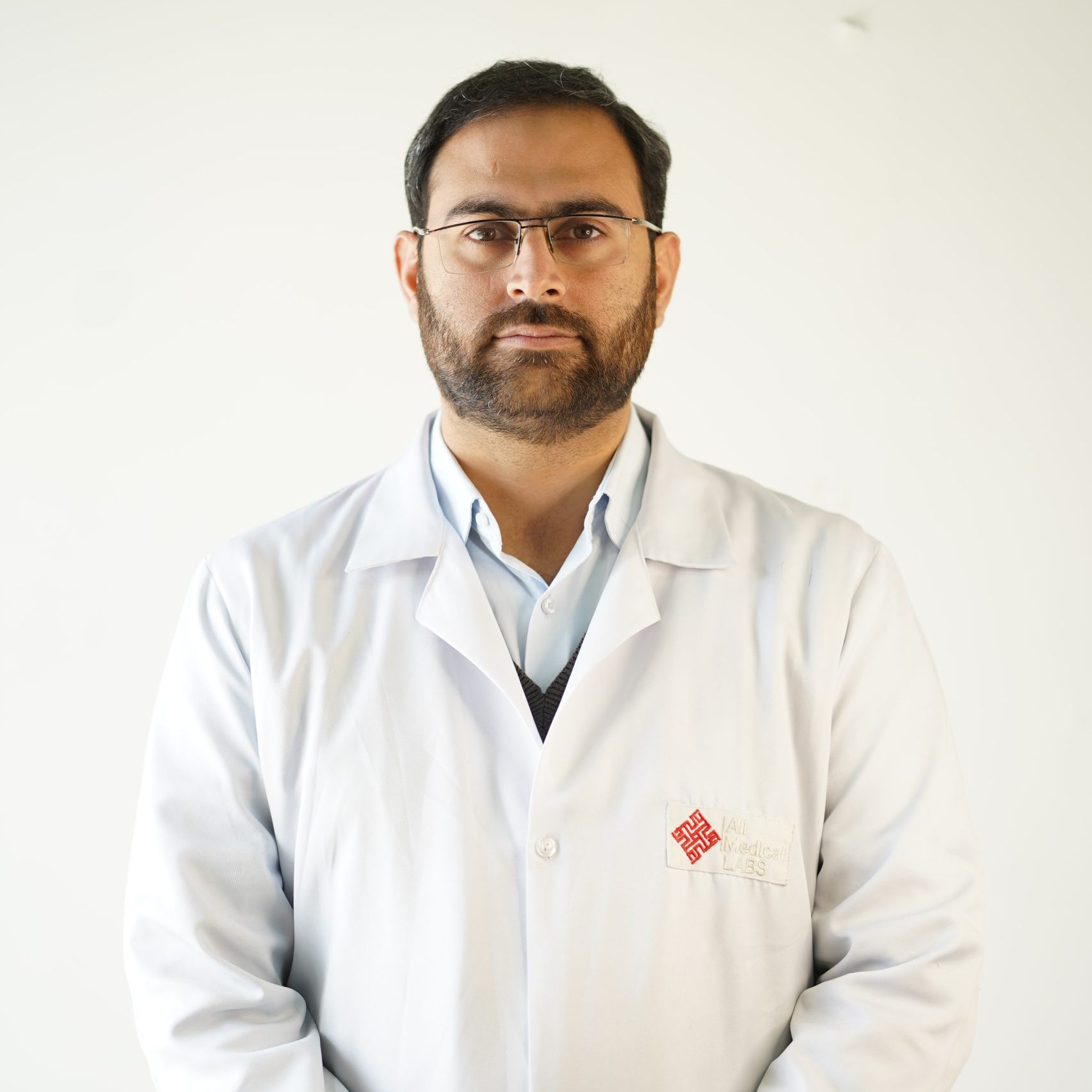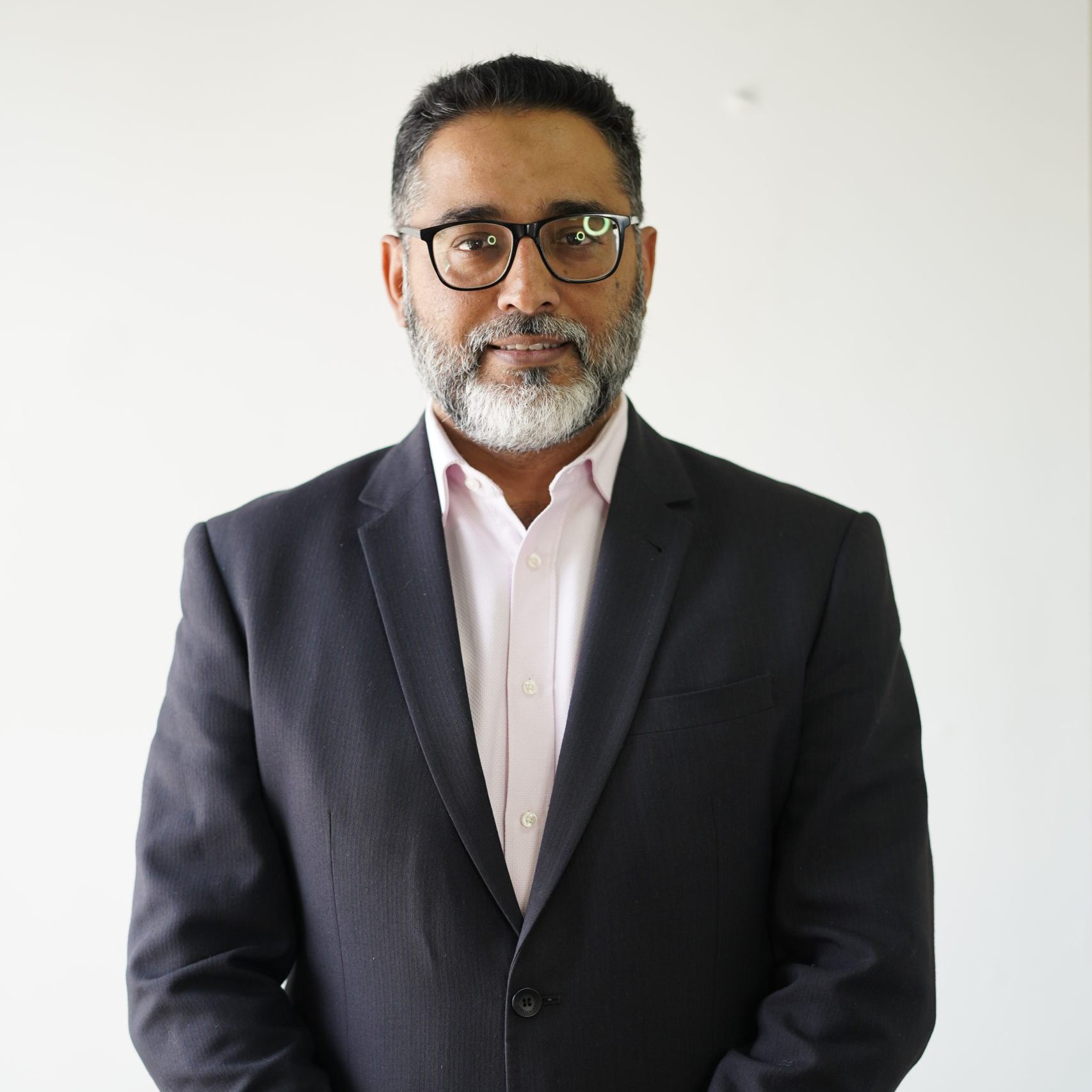The Orthopedics Department at our hospital is dedicated to the diagnosis and treatment of musculoskeletal conditions. Led by experienced orthopedic surgeons, our team offers comprehensive care for a wide range of orthopedic issues, including fractures, sports injuries, joint replacements, and spinal disorders. We utilize advanced imaging technology and surgical techniques to provide personalized treatment plans tailored to each patient's needs. Our goal is to restore mobility, alleviate pain, and improve the quality of life for our patients through compassionate and effective orthopedic care.
Services:
Our orthopedic services specialize in the diagnosis and treatment of musculoskeletal conditions. We offer comprehensive care for injuries and disorders affecting bones, joints, muscles, ligaments, and tendons. Our team of orthopedic surgeons provides personalized treatment plans tailored to each patient’s needs, including conservative therapies, minimally invasive procedures and complex surgeries such as;
- Total knee replacement
- Total hip replacement
- ORIF
- Spinal surgeries
- MUA
We are dedicated to restoring mobility, alleviating pain, and improving the quality of life for our patients through expert orthopedic care.
Our Doctors
Dr. Aamer Nisar
Consultant Orthopedic SurgeryDr. Yasir Umer
Consultant Orthopedic SurgeryDr. Tanveer Sadique
Consultant Orthopedic SurgeryDr. Syed Wazahat Taqvi
Consultant Orthopedic SurgeryDr. Salman Habib Abbasi
Consultant Orthopedic SurgeryDr. Muhammad Anwaar Kiani
Consultant Orthopedic SurgeryDr. Fareed Ullah Khan Zimri
Consultant Orthopedic SurgeryFAQs
What is orthopedics?
Orthopedics is the branch of medicine that deals with the diagnosis, treatment, and prevention of disorders and injuries of the musculoskeletal system, including bones, joints, ligaments, tendons, muscles, and nerves.
What is an orthopedic surgeon?
An orthopedic surgeon is a medical doctor who specializes in the surgical and non-surgical treatment of musculoskeletal conditions. They are trained to diagnose and treat a wide range of orthopedic problems, from fractures and sports injuries to joint replacements and spinal disorders.
What are some common orthopedic conditions?
Common orthopedic conditions include fractures, osteoarthritis, rheumatoid arthritis, tendonitis, bursitis, ligament injuries (such as ACL tears), rotator cuff tears, carpal tunnel syndrome, herniated discs, scoliosis, and congenital limb deformities.
When should I see an orthopedic surgeon?
You should consider seeing an orthopedic surgeon if you experience persistent or severe symptoms such as joint pain, swelling, stiffness, limited range of motion, difficulty walking or performing daily activities, or if you have suffered an injury to the musculoskeletal system.
How are orthopedic conditions diagnosed?
Orthopedic conditions are diagnosed through a combination of medical history, physical examination, imaging tests (such as X-rays, MRI scans, CT scans, or ultrasound), and sometimes additional tests such as blood tests or electromyography (EMG) for nerve function evaluation.
What treatments are available for orthopedic conditions?
Treatment for orthopedic conditions depends on the specific condition but may include medication (such as pain relievers or anti-inflammatory drugs), physical therapy, occupational therapy, bracing or splinting, injections (such as corticosteroids or viscosupplementation), regenerative therapies (such as platelet-rich plasma or stem cell therapy), or surgical interventions (such as arthroscopic surgery, joint replacement, or spinal surgery).
Can orthopedic conditions be prevented?
While some orthopedic conditions may have genetic or other predisposing factors, many can be prevented or their risk reduced through lifestyle modifications such as maintaining a healthy weight, exercising regularly to strengthen muscles and improve flexibility, using proper techniques during physical activities and sports to prevent injuries, wearing appropriate protective gear, and avoiding tobacco and excessive alcohol consumption.
What is the recovery process like after orthopedic surgery?
Recovery after orthopedic surgery varies depending on the type of surgery and individual factors such as age and overall health. It often involves a period of rest, followed by physical therapy to regain strength, mobility, and function. Your orthopedic surgeon will provide specific instructions and a customized rehabilitation plan to optimize your recovery.
Are there non-surgical alternatives for treating orthopedic conditions?
Yes, many orthopedic conditions can be effectively treated with non-surgical approaches such as medication, physical therapy, bracing or splinting, injections, regenerative therapies, or lifestyle modifications. Surgery is typically considered when conservative treatments have been ineffective or when the condition is severe or progressive.
Where can I find resources and support for managing orthopedic conditions?
There are many resources available, including patient advocacy organizations, support groups, educational materials, online forums, and community programs. Your orthopedic surgeon or primary care physician can often provide information and referrals to appropriate resources.
These FAQs provide general information about orthopedics, but if you have specific concerns or questions, it’s essential to consult with an orthopedic surgeon or healthcare provider for personalized advice and care.







